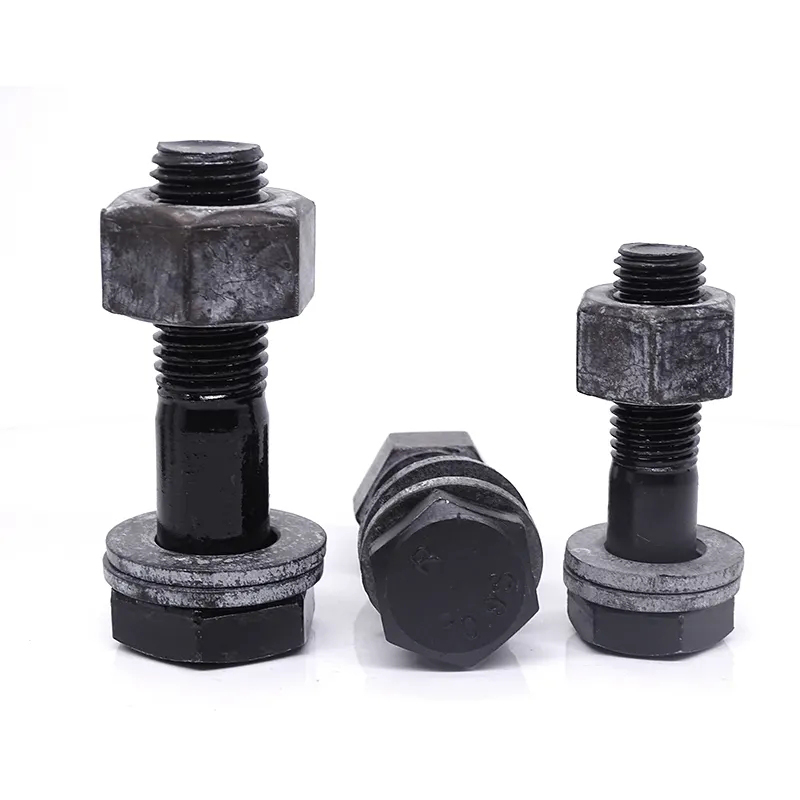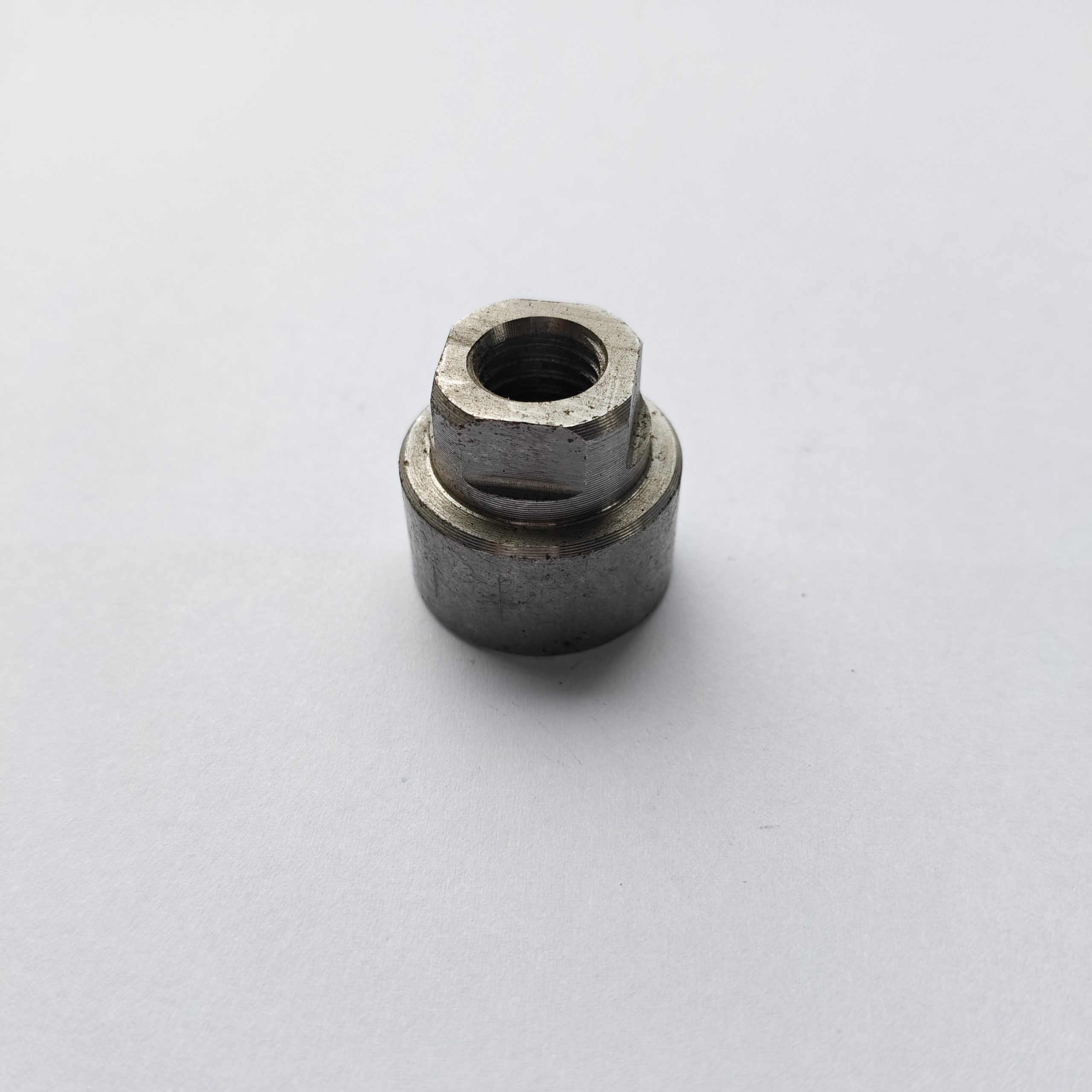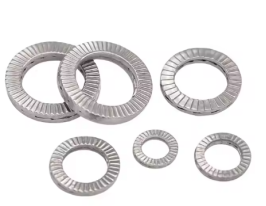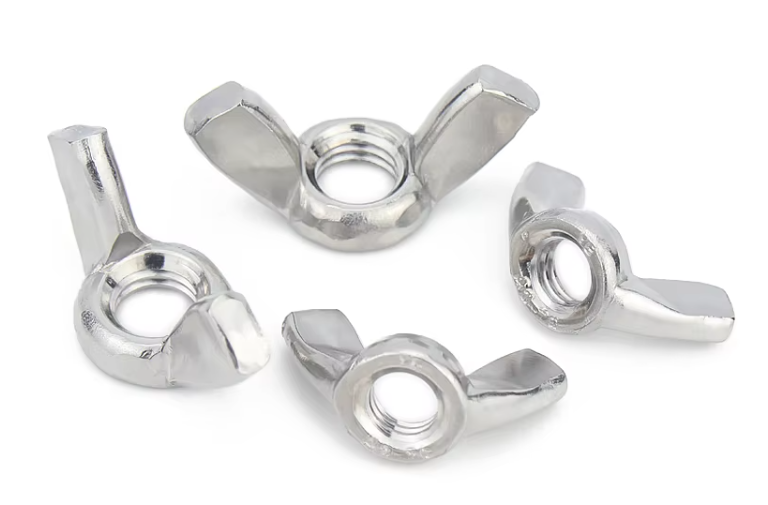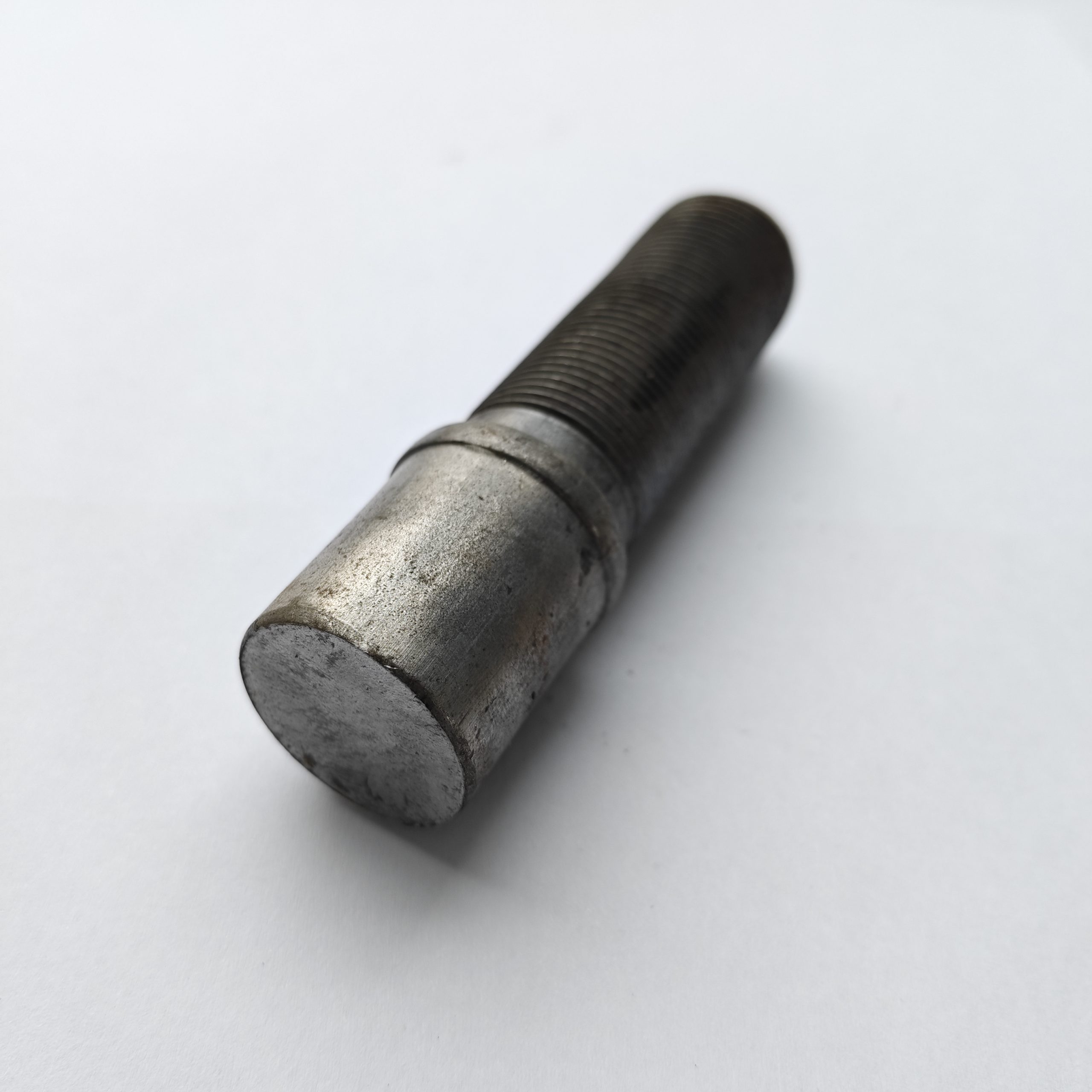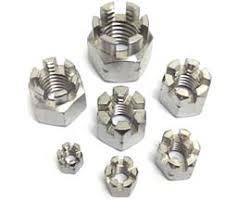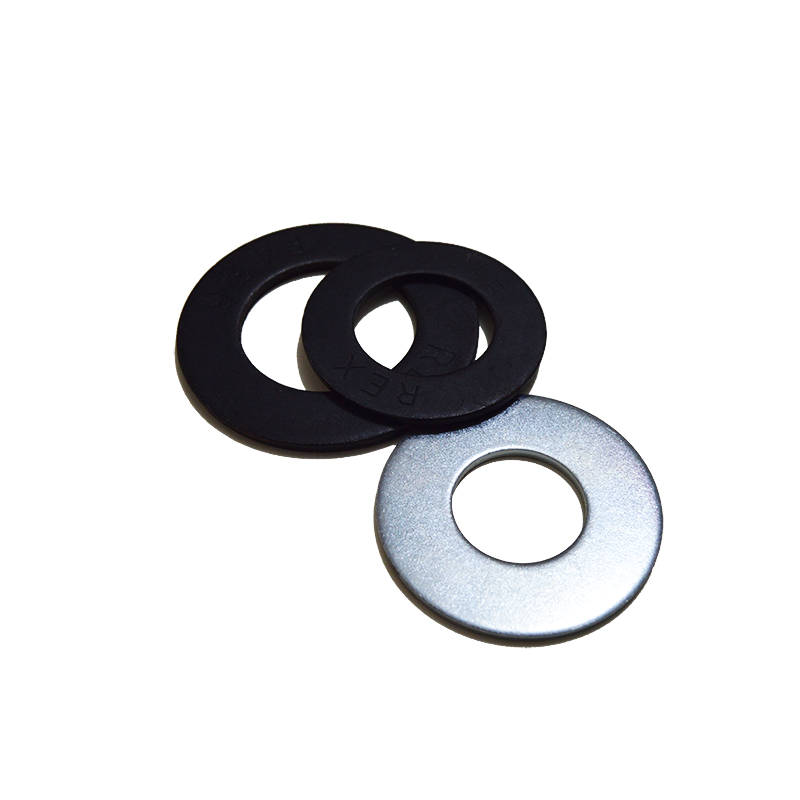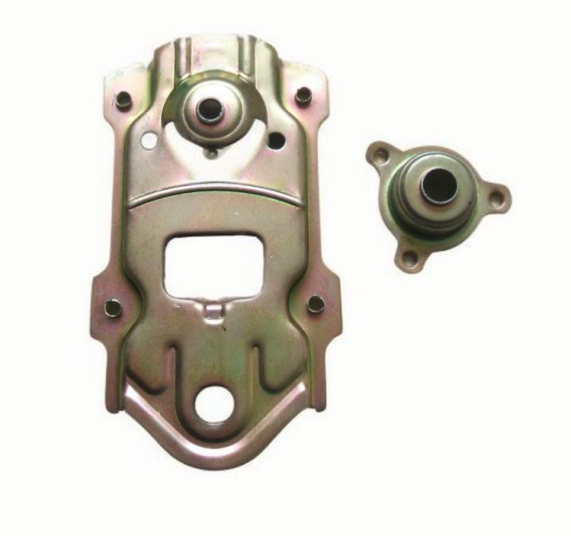Drywall Shims Suppliers: Your Ultimate Guide to Finding the Best OptionsFinding the right drywall shims suppliers can significantly impact the quality and efficiency of your drywall installation projects. This guide provides a comprehensive overview of factors to consider when choosing suppliers, exploring various shim types, and offering tips for a successful purchase. We’ll delve into materials, sizes, and pricing to help you make informed decisions.
Understanding Drywall Shims and Their Applications
Drywall shims are essential for leveling uneven surfaces before installing drywall. They provide a crucial gap-filling function, ensuring a smooth, professional finish. Different types of shims cater to various needs, from small adjustments to larger discrepancies. Understanding the diverse applications of
drywall shims is vital for selecting the right supplier and product.
Types of Drywall Shims
The market offers a range of
drywall shims, each designed for specific purposes. Common types include: Wooden Shims: Traditionally used, these are readily available and inexpensive. However, they can be less precise and prone to warping or splitting. Plastic Shims: Offer better dimensional stability and are less likely to absorb moisture than wooden shims. They are often more durable and easier to cut. Metal Shims: Provide superior strength and precision, especially beneficial for larger gaps or heavier loads. They can be more costly but offer long-term value.
Choosing the Right Material
The best material for your
drywall shims will depend on the specific project. For small adjustments in residential settings, wooden or plastic shims might suffice. However, for commercial projects or areas with high humidity, metal shims might be a more suitable choice. Consider factors like project scale, budget, and environmental conditions when making your decision.
Finding Reliable Drywall Shims Suppliers
Selecting a dependable supplier is as important as choosing the right shims. Factors to consider include:
Quality and Consistency
Ensure the supplier maintains high standards in manufacturing and consistently provides shims of the specified dimensions and materials. Inquire about quality control measures.
Pricing and Availability
Compare prices from multiple suppliers, considering factors like shipping costs and bulk discounts. Check for readily available stock to avoid project delays. Consider the long-term cost effectiveness of different materials and suppliers.
Customer Service and Support
A reliable supplier provides excellent customer service and readily addresses any concerns or queries. Look for suppliers with positive customer reviews and testimonials.
Variety and Selection
A good supplier offers a wide variety of shims in terms of material, size, and packaging. This ensures you can find the exact shims you need for any project.
Tips for Ordering Drywall Shims
Order in Bulk: For large projects, buying in bulk often leads to cost savings. Check Specifications: Carefully verify the dimensions, material, and quantity before placing your order. Review Shipping Costs: Factor in shipping costs, particularly for large orders. Read Reviews: Before selecting a supplier, check online reviews and ratings to gauge their reliability and customer satisfaction.
| Shim Type | Pros | Cons |
| Wooden | Inexpensive, readily available | Prone to warping, less precise |
| Plastic | Dimensionally stable, moisture resistant | Can be more expensive than wood |
| Metal | Strong, precise, durable | Most expensive option |
For a wide selection of high-quality
drywall shims and other construction supplies, consider exploring options from reputable suppliers. Remember to always prioritize quality and reliability when sourcing materials for your projects. For exceptional metal fasteners and related products, consider exploring options from
Hebei Dewell Metal Products Co., LTD.



